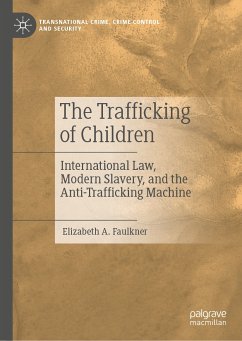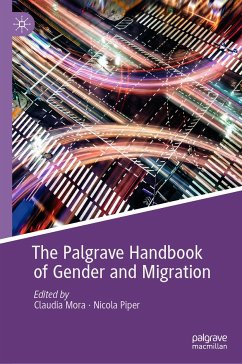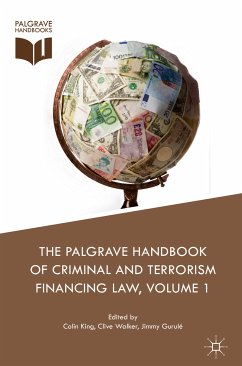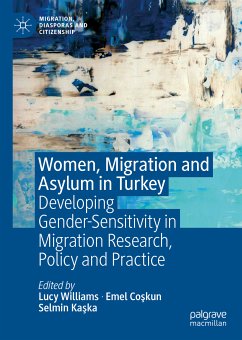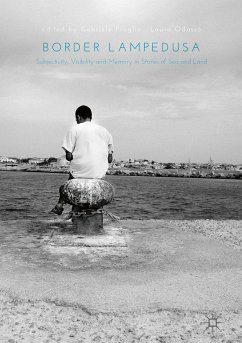
The Palgrave Handbook on Modern Slavery (eBook, PDF)
Versandkostenfrei!
Sofort per Download lieferbar
176,95 €
inkl. MwSt.
Weitere Ausgaben:

PAYBACK Punkte
88 °P sammeln!
This handbook takes a comprehensive approach to studying and understanding modern slavery, particularly forced labour and human trafficking. It considers the historical and cultural roots of modern slavery and suggests that analyzing the issue from humanities, social sciences, criminological, and business perspectives could lead to a better understanding of its emergence worldwide. The handbook also highlights the role of religions/spiritualities and multinational corporations in the expansion of modern slavery and argues that exploring their potential ethical responsibilities is essential. Fu...
This handbook takes a comprehensive approach to studying and understanding modern slavery, particularly forced labour and human trafficking. It considers the historical and cultural roots of modern slavery and suggests that analyzing the issue from humanities, social sciences, criminological, and business perspectives could lead to a better understanding of its emergence worldwide. The handbook also highlights the role of religions/spiritualities and multinational corporations in the expansion of modern slavery and argues that exploring their potential ethical responsibilities is essential. Furthermore, it combines theoretical frameworks of intersectionality and globalization to study the interconnectedness of various factors in shaping and understanding modern slavery. Finally, it contains an impressive range of geographic and conceptual approaches to the problems of combating modern slavery.
Dieser Download kann aus rechtlichen Gründen nur mit Rechnungsadresse in A, B, BG, CY, CZ, D, DK, EW, E, FIN, F, GR, HR, H, IRL, I, LT, L, LR, M, NL, PL, P, R, S, SLO, SK ausgeliefert werden.





